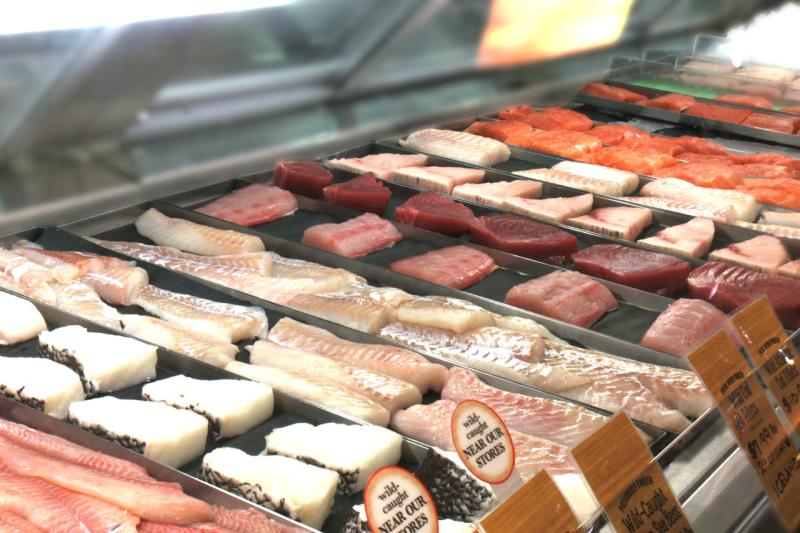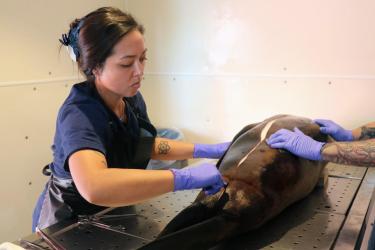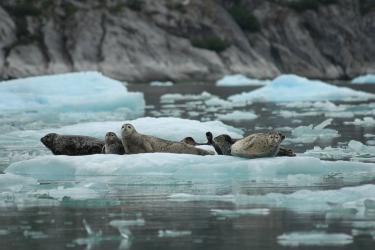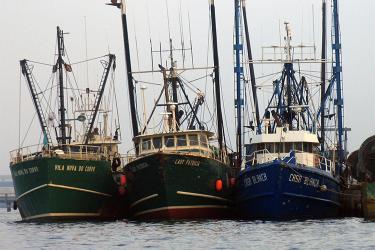NOAA Fisheries has released its first-ever National Seafood Strategy (PDF, 8 pages) after several rounds of stakeholder input and a public comment period earlier this year. The strategy underscores NOAA’s strong commitment to seafood sector resilience. The strategy also responds to the unprecedented challenges facing the U.S. seafood industry, including climate change, the coronavirus pandemic, new technologies and other ocean uses, significant labor shortages, and aging infrastructure.
Our Vision for Resilience
The National Seafood Strategy outlines NOAA Fisheries’ direction for supporting a thriving domestic U.S. seafood economy. It describes our approach to enhancing the resilience of the seafood sector in the face of climate change and other stressors.
Our vision is to ensure that:
- U.S. seafood continues to be produced sustainably
- The U.S. seafood sector contributes to the nation’s climate-ready food production and to meeting critical domestic nutritional needs
- U.S. seafood production increases to support jobs, the economy, and the competitiveness of the U.S. seafood sector
- Supply chains and infrastructure are modernized with more value-added activity in the United States
- Opportunities are expanded to grow the size and capacity of the seafood workforce
We plan to achieve our vision by focusing on four goals:
- Maintain or increase sustainable U.S. wild capture production
- Increase sustainable U.S. aquaculture production
- Foster access to domestic and global markets for the U.S. seafood industry
- Strengthen the entire U.S. seafood sector
Public Input was Critical
Public comments and stakeholder input were integral to finalizing the strategy and helping guide the direction of our work to support the seafood sector. We received more than 150 separate comments, about a quarter of which were from organizations, including fishing, aquaculture, and seafood associations, non-profits, NGOs, aquariums, and state agencies. In addition, five regional fishery management councils provided comment letters. Many of the comments were used to strengthen and improve the strategy, particularly to clarify phrases or context, such as adding descriptions of other agency strategies and policies.
The National Seafood Strategy will reinforce NOAA Fisheries’ critical science and management support to the seafood sector. Stakeholders recognize that the science conducted by the agency to support management of wild capture fisheries and seafood farming is essential for the well-being of the U.S. seafood sector. The industry needs NOAA Fisheries and other federal agencies to provide more support for and attention to adaptation to climate change, changing markets, and new ocean uses; new domestic sources of seafood supply (wild capture and aquaculture); fair trade; workforce development; and recapitalizing and modernizing seafood infrastructure.
Some comments were beyond the scope of this strategy or more relevant to implementation actions for specific programs or regions. These types of comments will be considered as we develop the implementation plan, which is being developed by an internal working group comprising staff from headquarters, regional offices, and science centers.



